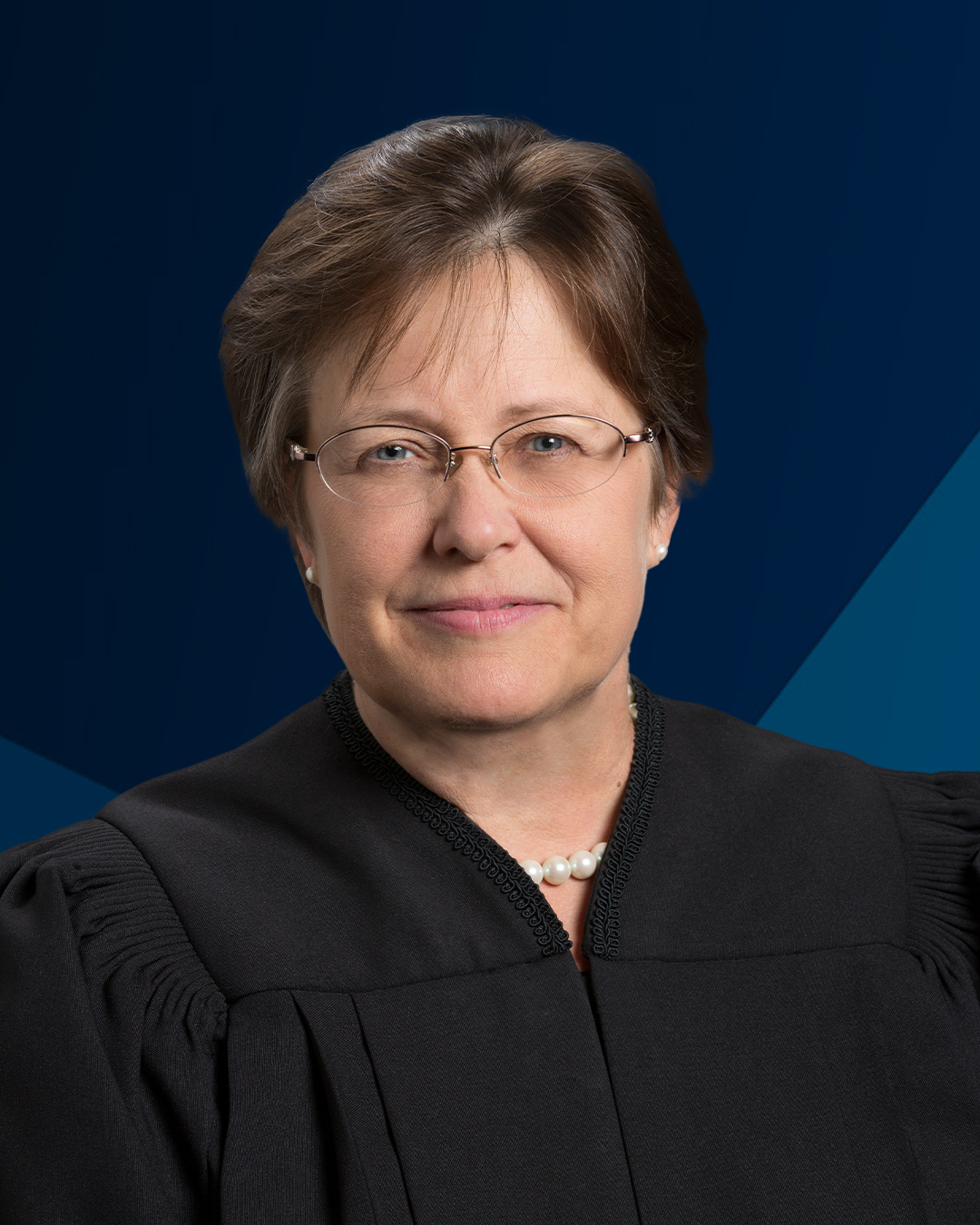Judge Sharon Gleason, Class of '83

Judge Sharon Gleason ’83 is the Chief Judge on the United States District Court for the District of Alaska. She is the first woman to serve as a district judge in the District of Alaska. Previously, she served as a state court judge on the Alaska Superior Court, becoming the presiding judge for the Superior Court’s Third Judicial District in 2009.
After graduating from King Hall, Judge Gleason came to Alaska as a law clerk for Chief Justice Edmond W. Burke of the Alaska Supreme Court. She originally planned to stay in Alaska for just one year and then return to California to practice law in San Francisco. Instead, she has stayed in Alaska for her entire legal career. After her clerkship, Judge Gleason was an associate attorney then partner with Reese, Rice, & Volland, P.C., and then worked as a solo practitioner before she began serving on the state bench in 2001.
Judge Gleason also played second clarinet in the Anchorage Symphony Orchestra for many years.
What do you think are the most important qualities for a judge?
Willingness to work hard, patience, and a sense of humor.
Do you have any fun stories from when you were a judge in rural Alaska?
I was the traveling judge for many years for the community of Unalaska, which is a small town adjacent to Dutch Harbor out on the Aleutian chain. For one jury trial, the barista who ran the only coffee shack then in the town was selected to be on the jury. This caused considerable consternation around town because she had to shut down the coffee shack for the entire time that we were in trial.
You’ve said that you originally thought you would go into environmental law. As a judge, you’ve decided high-profile environmental cases. Do you ever draw on your experiences as a student in thinking about environmental law?
No. That was forty years ago! I came to environmental law fairly late in my career. As a practitioner, I mostly handled divorces and adoptions. And as a state court judge, I heard primarily civil matters in Anchorage, which included many custody disputes and abuse and neglect cases. When I became a federal judge, I took an introduction to environmental law seminar for federal judges sponsored by the Lewis and Clark Law School that was very helpful.
Why did you choose to attend King Hall?
When I was looking at law schools, I was quite interested in energy issues and there was a lot of interest in those issues at King Hall at that time. And I wanted to attend a state university because it cost so much less. So, Davis and University of Oregon were the only two schools I applied to, and I opted to attend King Hall.
I’m grateful for the education I received from King Hall. It gave me the tools to be successful first as a law clerk and then as an attorney practicing in Anchorage.
What is your favorite King Hall memory?
I really enjoyed participating in Cardozorama. I played the saxophone in one number, as I recall.
I also enjoyed bicycling on the nice flat roads outside of Davis. I used to take long meditative rides out in the country.
How have you stayed connected to King Hall?
Mostly through interviewing and sometimes hiring law clerks from King Hall. I’ve hired two law clerks that graduated from King Hall in the past few years. That was how I first came to Alaska, through a one-year clerkship. We don’t have a law school in Alaska, so we are always trying to lure students to come up here to clerk and then stay in our legal community. I was successful in that regard with one of my King Hall clerks.
Of what are you proudest?
From a professional standpoint, I’m proud of my reputation in the Alaskan legal community as a fair and hardworking judge.
Do you have any advice for current law students?
I would encourage current law students who are interested in clerking to invest the time in honing their legal research and writing skills. A federal district judge’s docket covers a very wide range of subjects. When I’m looking to hire a new law clerk, I’m less interested in a student who has focused on learning the substantive aspects of one or two discrete areas of law; I’m more interested in a student who is enthusiastic to take on any type of issue and has focused on mastering legal writing and research skills.
